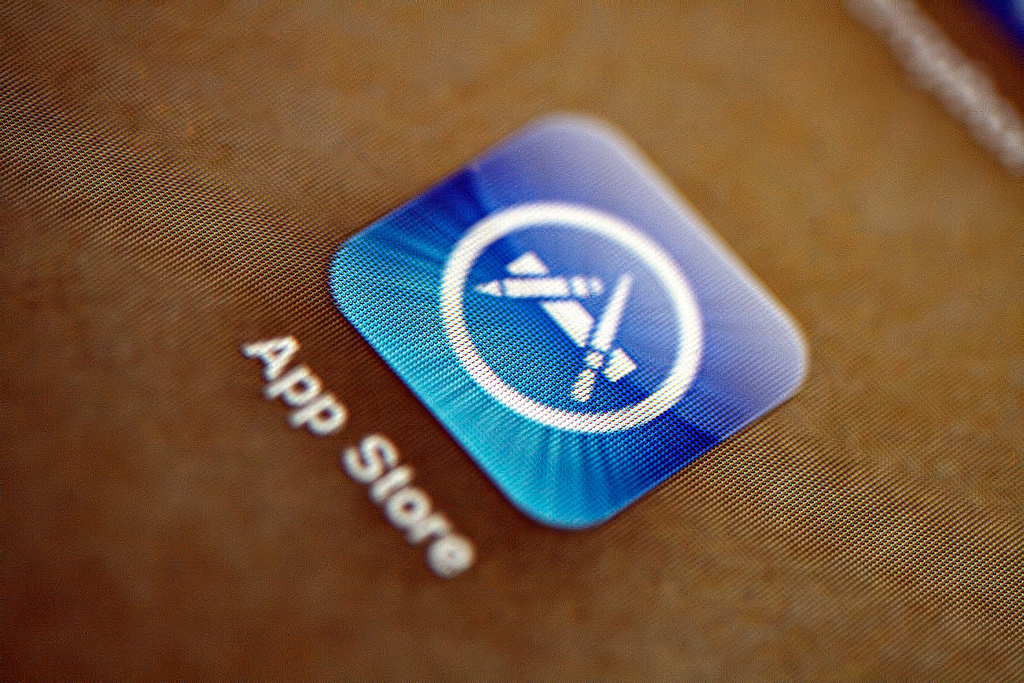Keyword optimization isn’t just for company websites. Much like there are principals we follow for good website SEO (search engine optimization), there are also a few things app publishers need to know about ASO (app store optimization).
Yep, there’s an acronym for that!
When a user searches the app store for an app, Apple scans the millions of apps available to find the closest matches. Their algorithm considers such things as your app name, keywords, ratings and the publisher name (ex. the name of your company).
The goal of app store optimization is to ensure that your app gets found closer to the top of search results, and that your app store listing is so appealing, users can’t resist downloading your app (conversions).
One of the most important things you can do to influence how often your app gets found, is carefully choose your keywords when submitting your app for the first time, or when uploading an app update.
Here’s what you need to know about creating a keyword list that will get your app found in more search results.
1. The 100-Character Limit
Apple imposes a 100-character limit on your keyword list. That is 100-characters total, not 100-characters per word.
2. Your “Free” App is Covered
If your app is free, the word “free” is included automatically in keywords associated with your app, so there is no need to use it in your keyword list.
3.Separate Keywords With Commas
Use commas, not spaces between your keywords. The keyword box doesn’t give points for being grammatically correct. The only thing a space accomplishes is wasted keywords (remember your 100-character limit).
4.Banish Keyword Phrases
Keyword phrases offer no benefit. So this -> “location alerts”,”gps alerts” should be -> location,gps,alerts.
5. Avoid Wasting Characters
Do not include unnecessary words. Avoid duplicate words (ex. trip planner, trip planning wizard), do not use the word “app” and use digits rather than words for numbers (Apple treats “7” the same as “seven”).
7. Leave Out Your Company & App Name
Do not repeat your company name or app name in your keyword list. Your App Title and Publisher name (i.e. company name) are searchable fields, so if someone searches for apps published by your company, or if they search for your app by name, it will already appear in the search results.
8. Choose Your Words Carefully
Keep in mind that when you choose popular keywords like camera, timer, calendar, you’re competing with every other app that also uses that keyword. Are there variations of these words that you could use instead (try Thesaurus.com)?
Think about specific features your app provides that users might search for, such as a camera with a “self-timer” or a personality assessment wizard that “HR” can use to “assess” “job” “candidates”.
There you have it, a quick…but not very dirty, run down that covers what you need to know about optimizing the keywords section of your app store listing. Now you can get it right, the first time.






